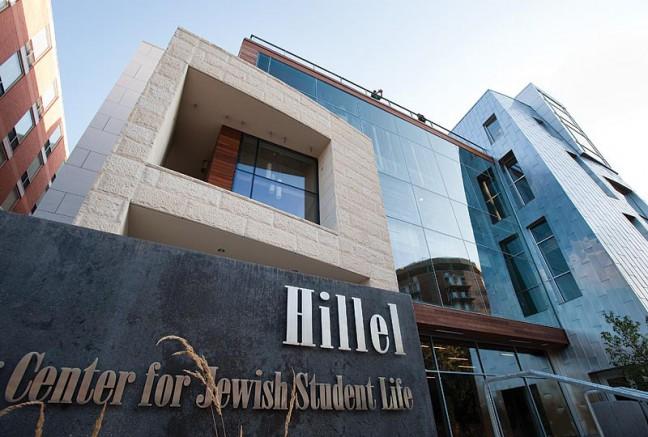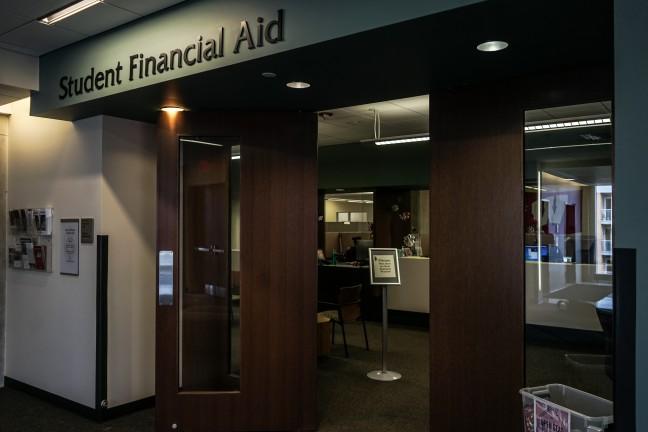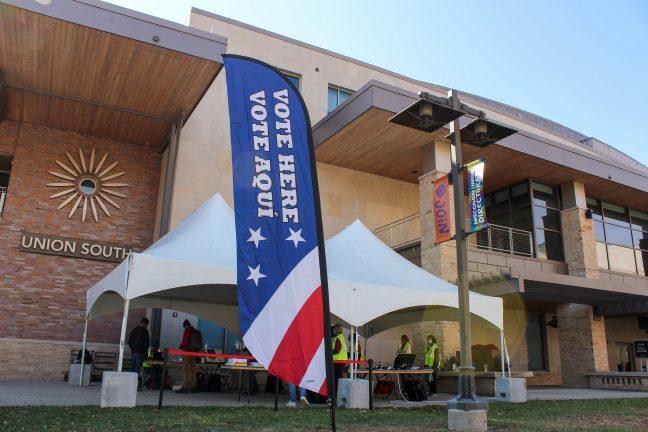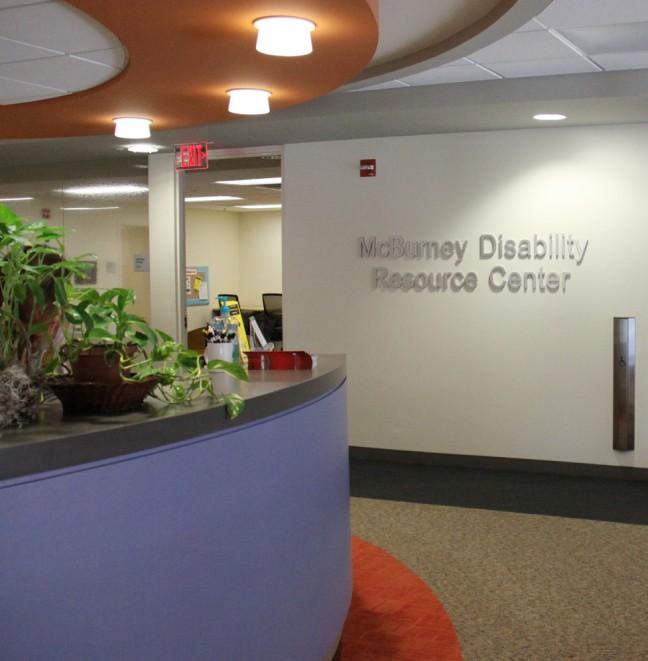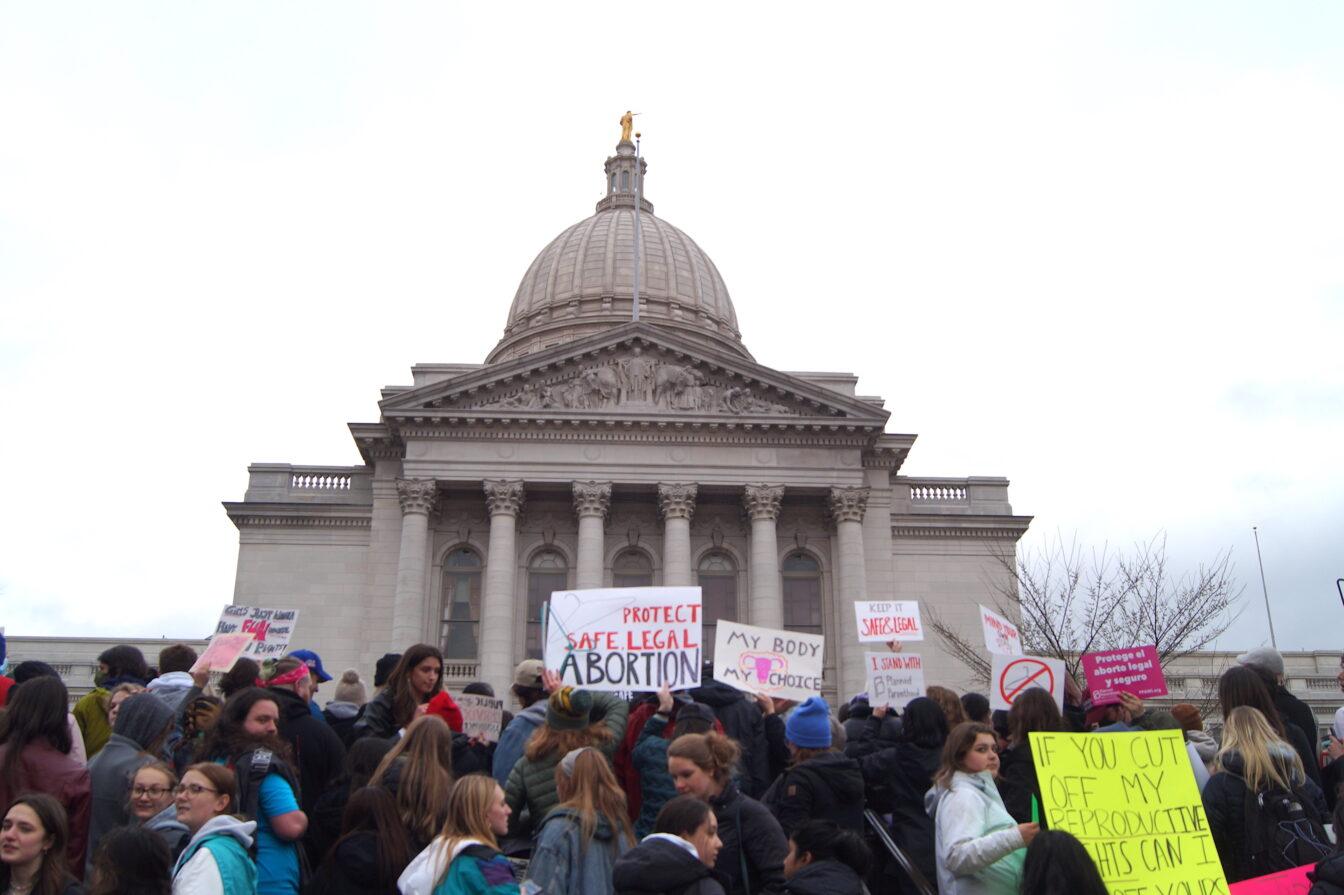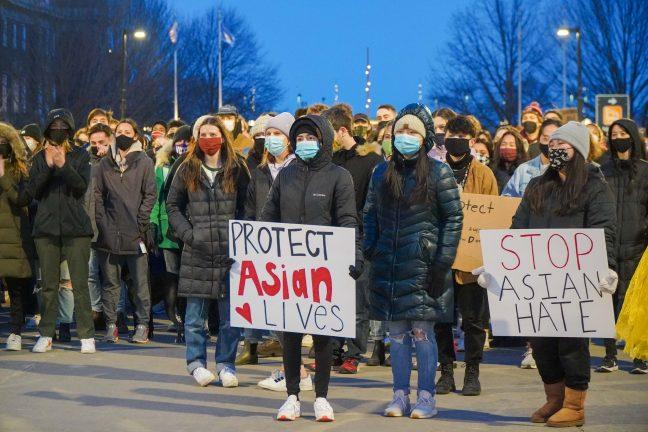Last Wednesday night, I stayed up until 1 a.m. I wasn’t up late to watch a riveting basketball game, my most recent Netflix binge or out partying with a group of friends. No, I was up late watching The Badger Herald Facebook Live feed of an Associated Students of Madison hearing on a lengthy resolution that supports Boycott, Divestment, Sanctions.
This resolution was a conglomeration of hastily crafted ideas to boycott corporations that impose injustices on marginalized and oppressed peoples. Hidden within the flowery wording of this poorly drafted bill was the boycott and divestment from predominantly Israeli companies because of the “apartheid regime” it has imposed on the Palestinians.
ASM indefinitely postpones divestment resolution after hours of heated debate
I am not here to write about the bill or the many reasons why it was wrong and hurtful. I am here to write about something different or maybe something that’s often ignored: buzzwords. That night, I heard of a lot of buzzwords.
What are buzzwords? Buzzwords are words people shout out when they have nothing of substance to say. They’re the words and phrases thrown across the room that on the surface sound like strong debate points, but they’re really just misguided attacks. I’m speaking about the kid who screamed about “white privilege,” “the apartheid regime,” “indigenous rights” and “black lives matter.” I’m speaking about the kid who pointed at my own people and screamed about “the wall,” “oppression,” “Islamophobia” and “human rights violations.”
I put all these words in quotations not to undermine their importance, but instead to show they have been misplaced. Israel and Jews are not the cause of any words listed above. Instead, all of the buzzwords listed are used as nothing more than cheap debate tactics to win the side of the uninformed and the naïve. Buzzwords have become the basis for false rhetoric and no longer will this be accepted.
So, let me take the time to explain some of those words to you. None have anything to do with Israel, Israel’s policies or the Israeli people. You see, the Apartheid regime was instituted by the South Africans between 1948-91 to racially discriminate and oppress the black majority. It specifically refers to the black South Africans who were marginalized on the basis of race, and to use this term freely is undermining the struggle these people truly faced. Genocide, a term that has become watered down in its use over the years, refers to a deliberate killing of a large group of people with the purpose of ethnic cleansing; a term that appropriately describes the 1915 Armenian genocide, the Holocaust, the 1975 Cambodian genocide, the 1990 Rwandan genocide, the 1995 Bosnian genocide, the 2003 Darfur genocide and the current genocide in Syria.
Divestment proposal is dangerous and needs to be kept out of UW
White privilege is a term that refers to societal privileges benefiting white people over those who are non-white in similar circumstances. Black Lives Matter is a movement created in 2013 campaigning against the systematic racism toward black people with the purpose of promoting the fact black lives really do matter.
I could go on. The problem is, shouting buzzwords like “oppression,” “human rights” and “injustice” all have their place and time.
If you want to talk about Iran, Syria, Saudi Arabia, Afghanistan or any other nation that is not freely democratic and does not offer equal rights to all its citizens, then go ahead and use the words above. If you want to describe Israel and the people who are from there, who sought refuge there when religiously persecuted, I dare you to use the words above. They are empty and meaningless without a truthful context. They highlight what the millennial misinformed are using now to scream about topics they’ve never actually researched.
Students for Justice in Palestine speaker on postponed divestment proposal: ‘Vote yes’
I write this because I am neither a politician nor a public speaker. I am a simple woman who is studying physical therapy in New York. But I am an alumnus of the University of Wisconsin and care strongly about the well-being of the students currently enrolled at my alma mater. It was my civic duty last night to tune in to the ASM open forum, debate and vote. Let’s not get lost in the buzzwords. Instead, let’s have an open discussion and truly understand what is at stake.
Melia Rosen ([email protected]) is a UW alumnus studying physical therapy in New York.


